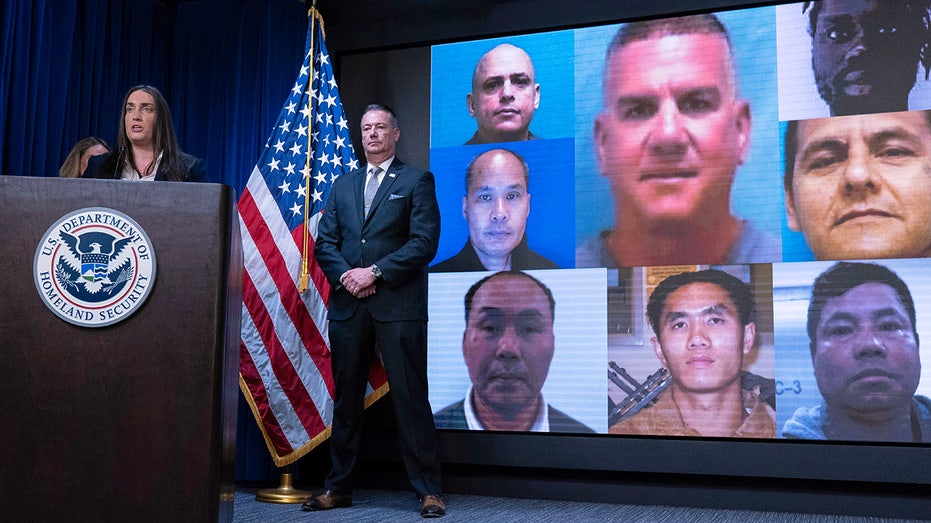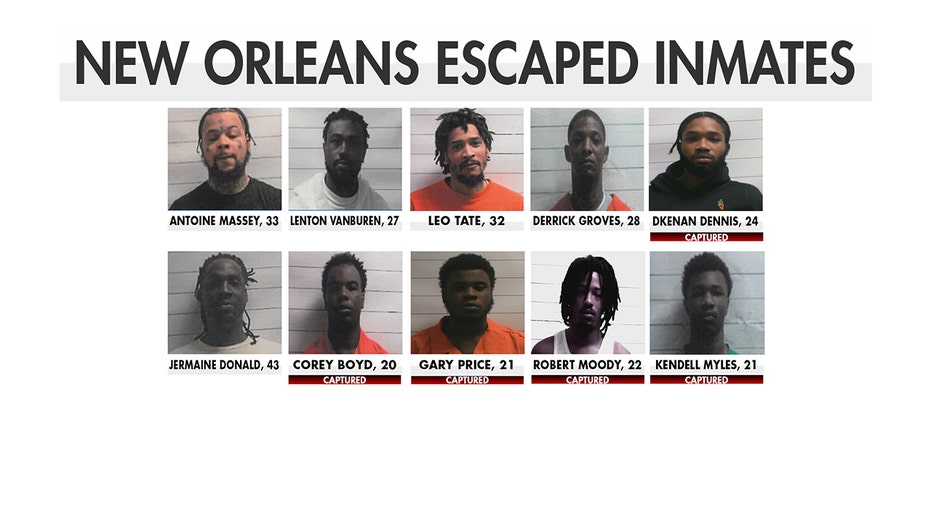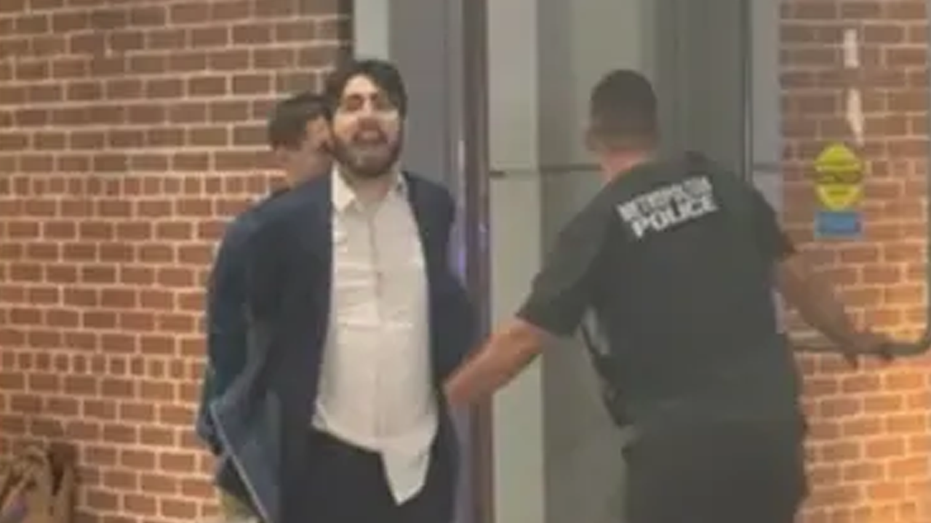Rubio Warns Court Ruling Blocking South Sudan Deportations Poses 'Irreparable Harm' to U.S. Foreign Policy
Trump administration appeals court ruling on deportation flight, citing threats to foreign policy and presidential authority.

Secretary of State Marco Rubio announced Friday that a federal court order requiring the United States government to maintain custody of deportees bound for South Sudan is creating “significant and irreparable harm to U.S. foreign policy.” The controversy centers around a recent flight carrying deportees, which U.S. District Judge Brian Murphy determined violated his earlier injunction permitting deportees time to challenge the legality of their removal to countries other than their homeland.
In response, the Trump administration filed two court documents late Friday, urging immediate judicial intervention. A Department of Justice official stated, “This Department of Justice believes that this situation urgently requires judicial intervention to restore President Trump’s full Article II authority to conduct foreign policy.”
Rubio noted in court filings that the judge’s orders have already complicated delicate diplomatic relations with Libya, South Sudan, and Djibouti. He emphasized that the restrictions present a direct threat to the president’s constitutional authority in foreign affairs. According to Rubio, “the court’s orders had already interfered with quiet diplomatic efforts and exacerbated internal political and security divisions” in Libya.
The Secretary of State also warned that the judicial intervention threatens to “derail efforts to quietly rebuild a productive working relationship with Juba,” the capital of South Sudan. Before the court’s involvement, the South Sudanese government had refused to accept a national being deported from the U.S., but had recently “taken steps to work more cooperatively with the U.S. government.”
Rubio further argued that the court’s mandate “causes harm” in Djibouti—a strategically important location for the United States, housing its only permanent military base on the African continent. The deportees are currently being held at a U.S. Naval base in Djibouti, intensifying diplomatic sensitivities in the region.
In a separate filing, the Trump administration urged the court to reconsider its order and described the requirements as “highly burdensome.” The documents noted that the new restrictions mean “the U.S. government is currently detaining dangerous criminals in a sensitive location without clear knowledge of when, how, or where this Court will tolerate their release.”
Officials argue that the court’s directives significantly constrain the president’s ability to manage foreign relations, command the military, and oversee immigration enforcement. “This development has put impermissible, burdensome constraints on the President’s ability to carry out his Article II powers, including his powers to command the military, manage relations with foreign nations, and execute our nation’s immigration authorities,” one filing read.
The administration contends that the individuals in question “enjoyed the benefit of full process under the laws of the United States and were lawfully removed from the country.” They requested either a stay or a full reconsideration of the court’s order. The government asserted that all deportees had the opportunity to raise fears of removal to South Sudan but failed to do so, permitting their lawful removal.
The disputed flight departed Texas earlier this week, carrying eight migrants from Myanmar, Laos, Vietnam, Cuba, Mexico, and South Sudan. The legal challenge escalated when attorneys representing immigrants from Myanmar and Vietnam accused the Trump administration of violating a court order by removing their clients to third-party countries.
Judge Murphy’s ruling requires that the government “maintain custody and control of class members currently being removed to South Sudan or to any other third country, to ensure the practical feasibility of return if the Court finds that such removals were unlawful.”
In April, Rubio had announced that the United States would revoke visas issued to South Sudanese passport holders and suspend future issuances due to what he described as the transitional government's failure to accept repatriated citizens in a timely manner.
The United States maintains third-party deportation agreements with a select group of countries. El Salvador has been the most notable partner, accepting hundreds of Venezuelan deportees under the Trump administration’s policies.
The legal and diplomatic standoff continues as both sides await further court action and seek to clarify the boundaries between judicial oversight and executive authority in matters of immigration and foreign policy.




